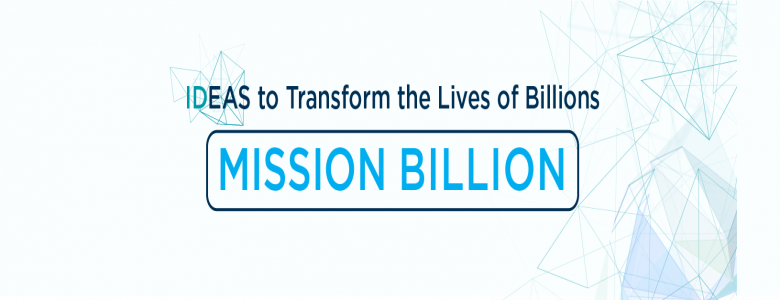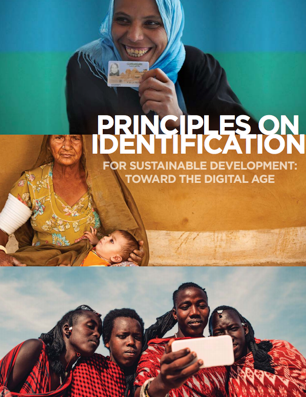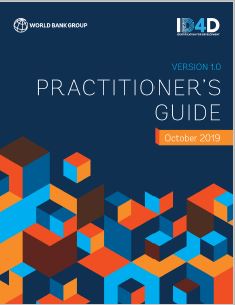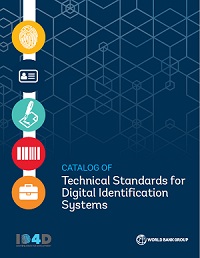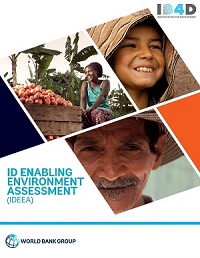Global Prize Resources
The COVID-19 pandemic has highlighted the fundamental role that digital platforms can play in helping a country to rapidly, effectively and responsibly provide relief to its people. Underpinned by universal Internet access and strong data protection regimes, digital platforms such as digital ID systems, administrative data ecosystems, and digital payment infrastructure(s), can empower people and countries to weather crises more resiliently and ensure that no one is left behind. Countries with these platforms, have been able to quickly and relatively easily expand existing social protection programs and introduce new ones, including to cover informal and migrant workers and other populations who may not be covered by existing social safety nets. Beyond the pandemic, these digital platforms will be key building blocks for transforming how governments, businesses and people work and interact.
Inclusion must be at the heart of all digital platforms, beginning with digital ID. Today, as many as 1 billion people worldwide lack IDs and even well-intentioned ID systems can lead to exclusion. Vulnerable groups—such as the poor, people living in remote areas, women and girls, migrants and refugees—are more likely to face barriers accessing and using digital IDs. As a result, they can be unjustly excluded from the services, support and new economic opportunities being created, exacerbating the ‘digital divide’. The challenges countries are facing to mitigate the economic impacts of COVID-19 underscore the urgency of action so that those in need are not left even further behind. But social distancing, quarantine, limited resources and other consequences of the pandemic make traditional approaches to accessing or using an ID—such as in-person enrollment and face-to-face verification of identity documents—difficult or rules them out completely. Innovation that considers different levels of literacy and access to technology among vulnerable groups is therefore needed.
Below you will find useful resources. For example, the ID Enrollment Strategies paper aims to help practitioners learn from past efforts, promote the adoption of good practices, and reduce the risk of failure. Achieving Universal Access to ID synthesizes how gender-based legal differences and nationality laws limit women’s ability to obtain identification for themselves, their children, and, in the case of nationality laws, their spouses too. The Principles of Identification for Sustainable Development set out ten fundamental tenets for maximizing the benefits of identification systems, while mitigating many of the risks.


